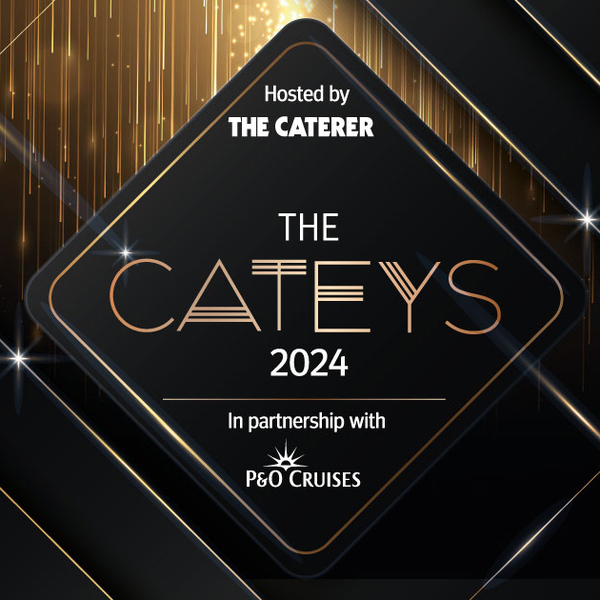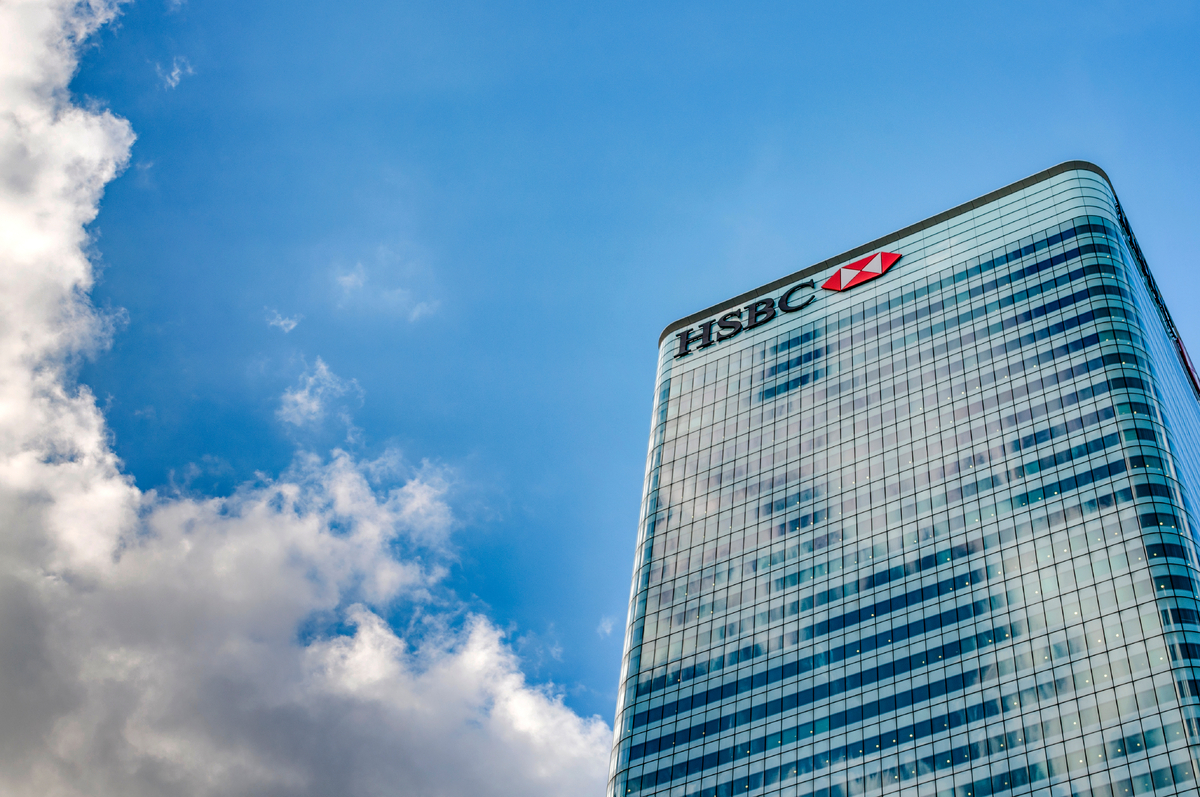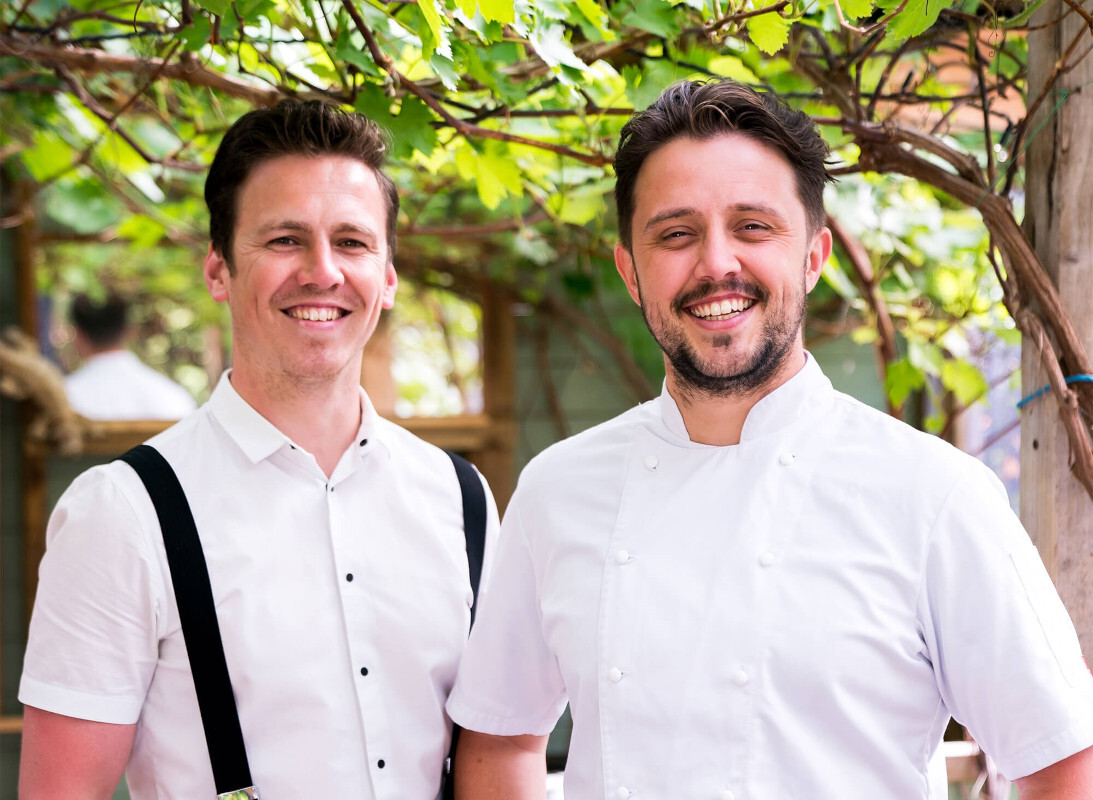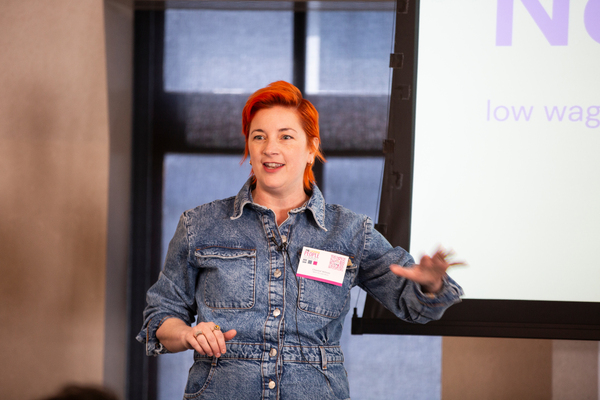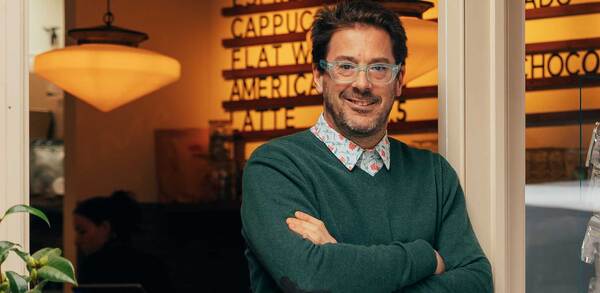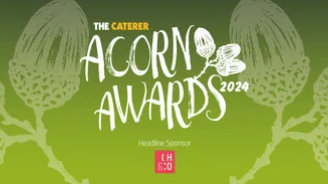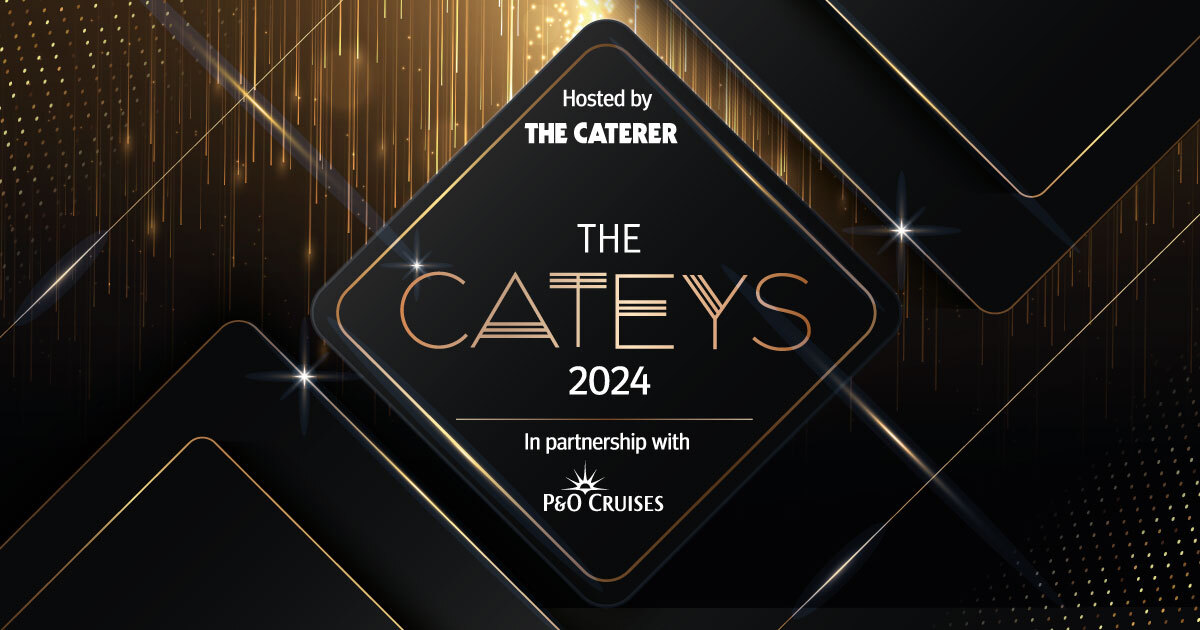Nothing but the real thing will do
"Copycat! Copycat! Sitting on a doormat!" Did you ever hear that when you were at school?
Children have an intuitive sense of moral and ethical justice. That is why the taunt "copycat" is heard so often in the school playground. Children recognise instinctively that an inventor or a first-time user has the right to "own" a new phrase or game or item of fashionwear.
To be called a copycat in public is very damning and usually protects the injured party because it implies that the copier is, in some way, a cheat.
This idea is reinforced in the classroom, where copying is regarded as a serious offence. Copying suggests laziness, indolence and, worst of all, lack of original ability. And to be caught cheating in a public examination is considered a crime akin to stealing the Crown Jewels.
Most of us grow up, therefore, in a system that rewards originality and condemns "cheating", and we never lose our instinctive understanding of this basic rule of life.
As we enter the grown-up world of business and (much more) the field of creative art, we find that the same ground rules are actually enforced by law.
It is illegal in most countries to infringe copyright; to make an exact copy of a painting or a song or a particular sequence of words. Creative ideas assume the value of saleable commodities, and the rights of the creator are protected from cheats; the intuitive law of the playground becomes the written law of the land. In most cases, but not quite all.
A survey commissioned by the British Brands Group highlights a loophole in UK law that allows restaurants to copy a rival or branded restaurant and get away with it.
There is often a fine line between copying a brand (or an individual restaurant) and following a trend.
There should be no restraints on restaurants meeting customer demands for pizza, pasta, fish and spice - these are the trendy foods that people want to eat - but stealing someone else's image in order to sell these trends, that is something different.
It is a cheap and lazy way of cashing in on a classmate's creativity and deserves the same castigation that used to be dished out in the playground.
Apart from the obvious practical ramifications - where the image of branded chains can be put in danger by sub-standard copyists, particularly if the standards involve food safety or hygiene - it is unethical and, in many other fields, would be illegal.
The law should be tighter when it comes to protecting image, and the Government should take very seriously weaknesses in current legislation when the Competition Bill comes before Parliament for a second reading next month.
It is an opportunity that shouldn't be missed to kick those copycats off the doormat.
Forbes Mutch
Editor,
Caterer & Hotelkeeper
